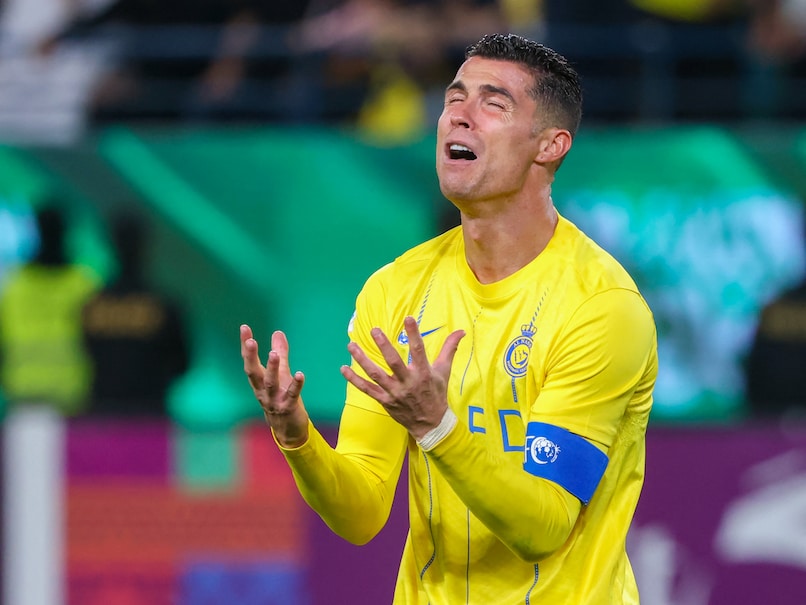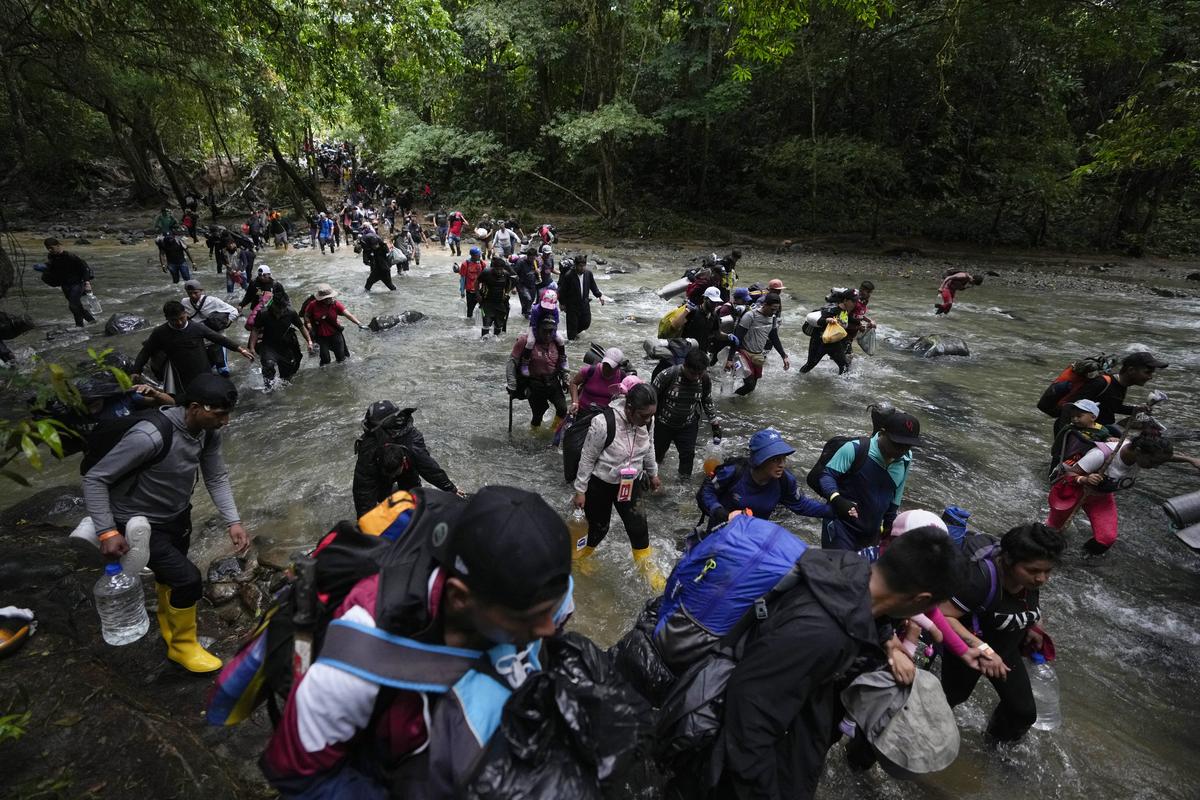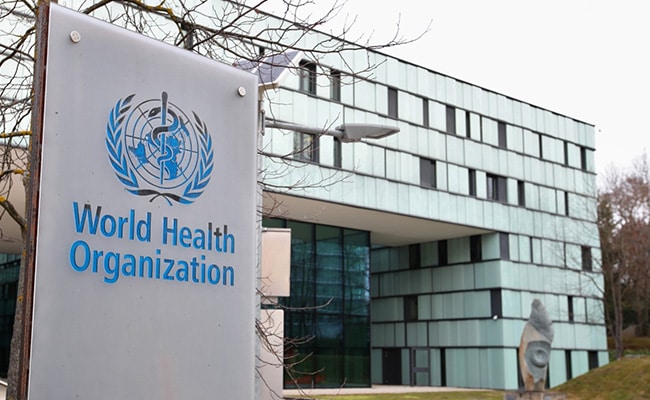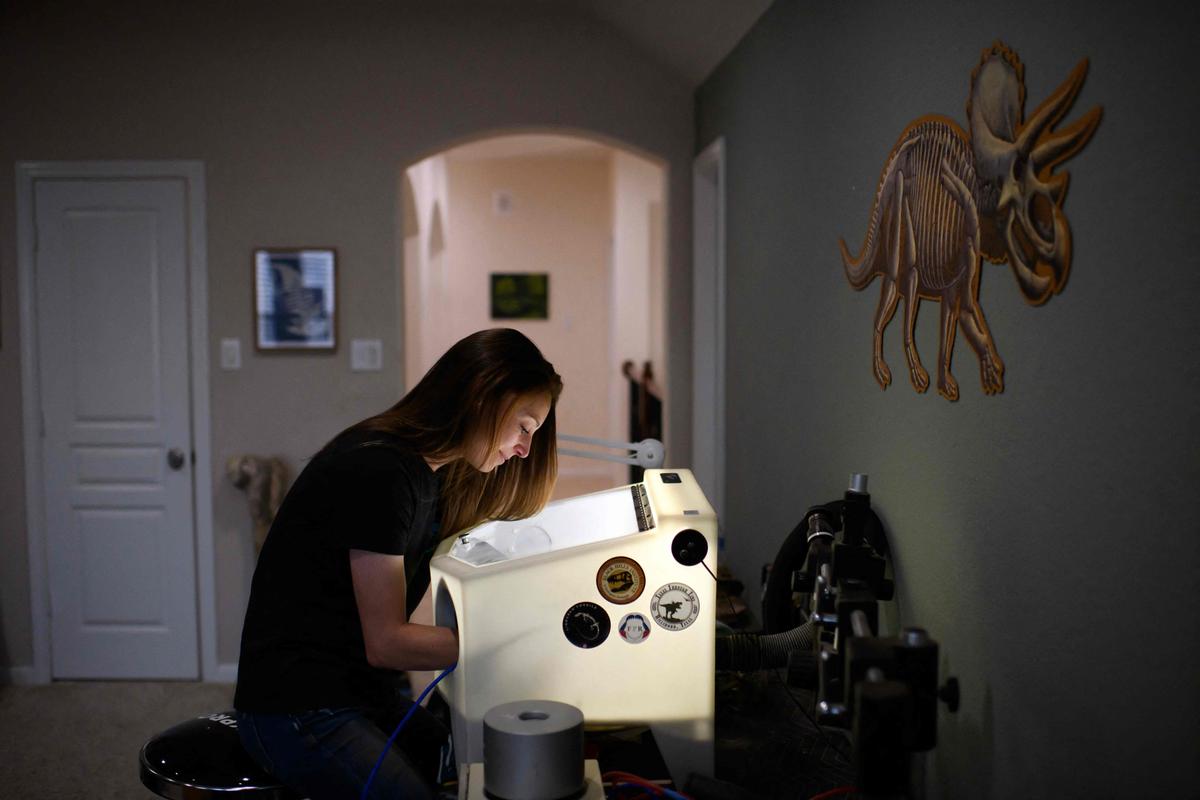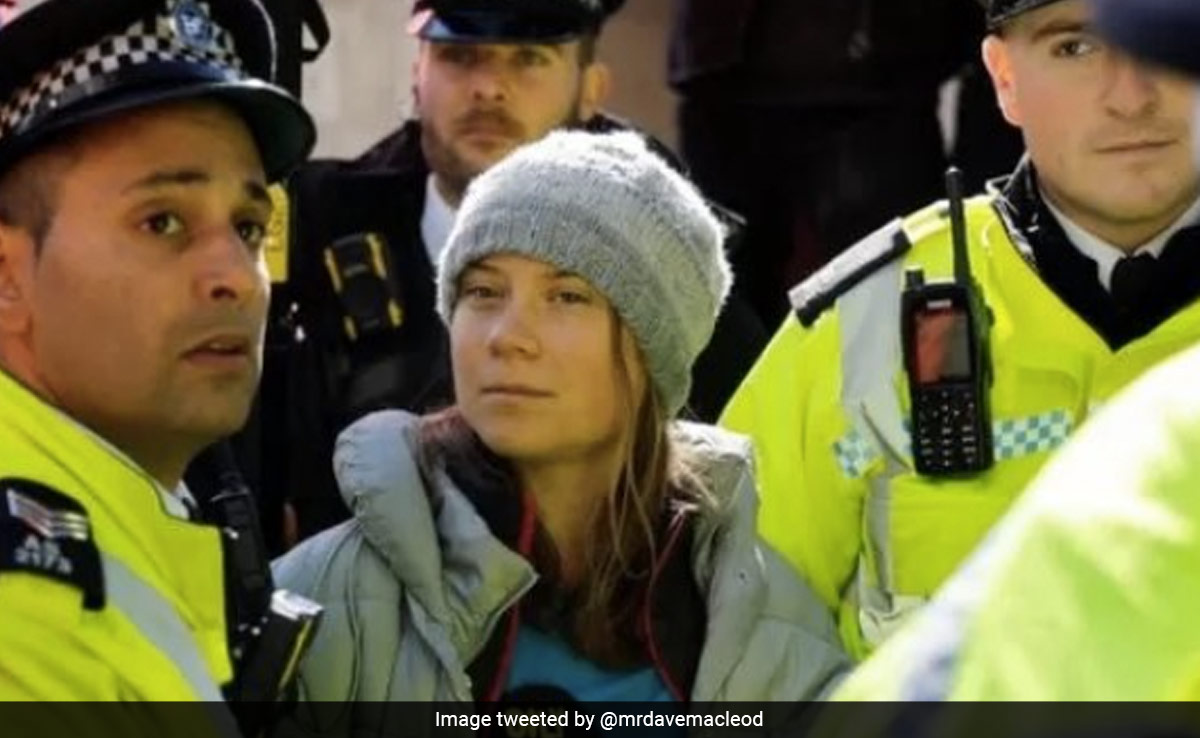France and Germany, the two largest economies in the European Union, pushed new proposals for the enlargement of the 27-member bloc. File
| Photo Credit: Reuters
France and Germany, the two largest economies in the European Union, pushed new proposals for the enlargement of the 27-member bloc on Tuesday (September 19). The policy paper, put together by a group of 12 experts commissioned by the Europe ministers of France and Germany but not representing the countries’ official views, was presented along the fringes of a European ministerial meeting.
The paper, commissioned in January this year, is in response to growing calls for expanding the EU, partly in response to Russia’s invasion of Ukraine. Along with the group’s enlargement, the paper looks at strengthening the rule of law and increasing the EU’s capacity to act, proposing four different tiers of participation in the union.
While Ukraine, the Western Balkans and Moldova are frontrunners for membership, a total of ten countries are in the process of integrating EU law into their own laws, according to an EU website.
Tuesday’s paper, a copy of which was published by Politico, said the EU is neither institutionally nor policy-wise ready right now to introduce new members. It therefore recommended a flexible approach to EU enlargement as well as reform.
The report also looks at how the EU can function more effectively with 30 plus members. Its proposals include capping the number of EU legislators, changing the voting mechanism by expanding majority voting (as opposed to unanimity) and enhancing the bloc’s budget.
In the absence of unanimous support to change the EU Treaty (which is needed for enlargement), the paper suggests a supplementary treaty among a willing subset of members, which would permit for differentiation across the EU.
“We cannot and we should not wait for treaty change to move ahead with enlargement,” European Commission President Ursula von der Leyen had said last week in her ‘State of the Union’ address.
Differentiation had its limits, “especially concerning the rule of law and core values,” the Franco-German report says. Differentiation could lead to four different tiers, as per the document. The first would be an inner circle with membership of the Eurozone and Schengen Area, then the EU itself, then Associate Members (participating in the single market and adhering to common principles) and a finally, the European Political Community, a group cooperating with the EU but not bound by its law.
The proposals are expected to be discussed formally at a meeting of EU heads of state in Spain next month.






